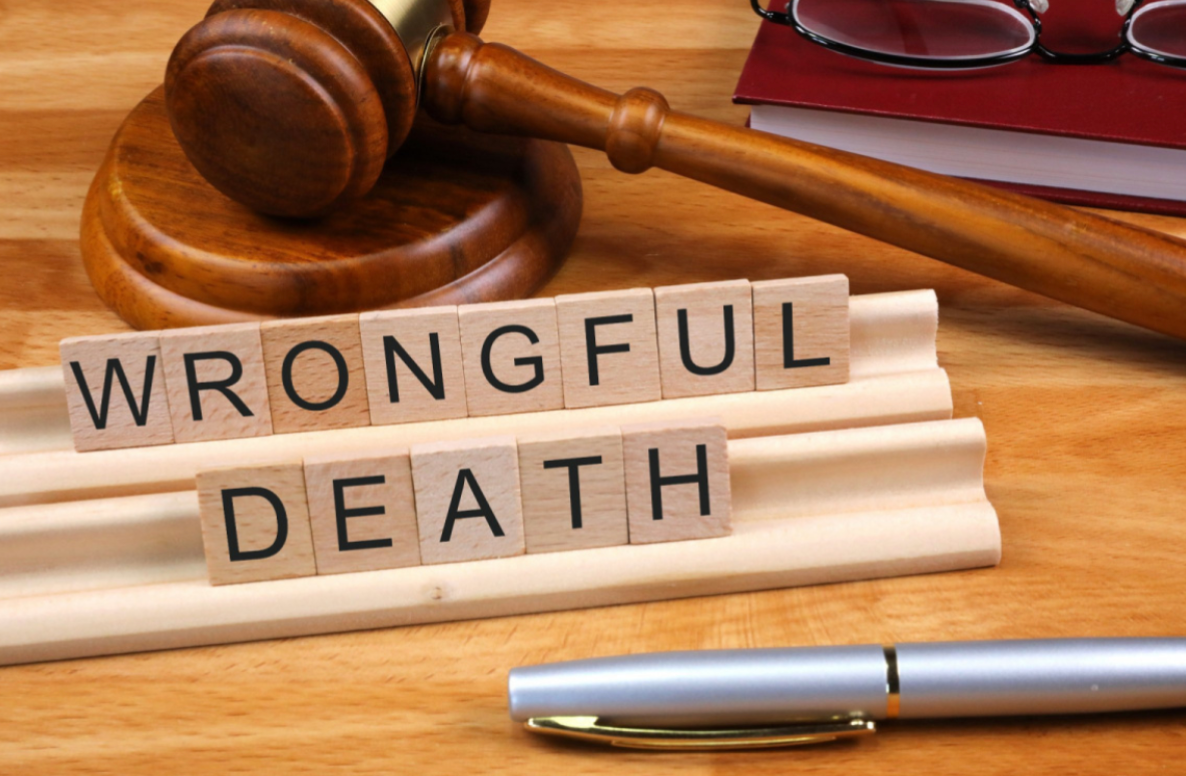5 Things Families Should Be Aware of About Wrongful Death Cases

Experiencing the loss of a loved one as a result of the carelessness of another person is not only painful, it has the potential to change your life forever. In addition to grief, families are faced with unanswered questions, unexpected bills, and a long pathway toward justice.
This is why knowledge about wrongful death cases can be very important. Knowing your rights and the steps involved can make a heartbreaking situation feel somewhat less than overwhelming.
Families that seek out experienced legal help after a fatal accident can have greater clarity and confidence in navigating the legal process. In this article, you’ll learn five important things that every family needs to know about wrongful death cases, and how to protect the legacy of their loved one.
1. What Counts as a Wrongful Death Case
A wrongful death happens when someone dies because of another person’s negligence or misconduct. It could be a car crash caused by a drunk driver, a medical mistake, or unsafe working conditions. The key factor is that the death could have been prevented if someone had acted responsibly.
Every state has its own laws about who can file a wrongful death claim—usually spouses, children, or parents. These cases are civil, not criminal, meaning they aim to recover financial compensation, not send someone to jail. But that compensation can be vital when you’re suddenly faced with medical bills, funeral costs, and lost income.
2. Time Limits Matter
Most states allow family members one to three years to file a wrongful death action. Miss that time frame, and it could be that you forfeit any right you have to secure justice in the case. This is what is meant by a statute of limitations in the law.
Even if you believe your time is over, talk to a lawyer before concluding the case is dead. Some exceptions apply, such as when the cause of death was not discovered until a later date. Evidence takes time to collect, and getting started early affords your lawyer ample time to build a case that is strong.
3. Damages Include More than Money
Yes, wrongful death suits seek to collect money for the death—but money is not the whole story. You are entitled to collect damages for economic and non-economic reasons:
- Economic: hospital bills, burial expenses, lost wages, and future financial support.
- Non-economic: loss of companionship, mental anguish; and the effect on one’s general well-being on the family.
According to the National Safety Council, the average cost of a fatal motor vehicle crash in the U.S. exceeds $1.7 million when medical costs and lost productivity are combined. These numbers highlight how devastating the financial toll can be, even beyond the emotional loss.
4. Proving Negligence Takes Work
Winning a wrongful death case means showing that someone’s carelessness directly caused the death. Lawyers must prove:
- The person had a duty of care (like a driver following traffic laws).
- They broke that duty.
- That failure caused the death.
- The family suffered damages because of it.
Evidence—police reports, medical records, witness statements—plays a big role. This is where having a skilled attorney really matters. They can investigate and piece together the story your loved one can’t tell.
5. Settlements vs. Trials
Most wrongful death claims settle before trial. Settlements speed things up and reduce related emotional stress, but they may cause the family to receive less than a jury verdict. Most wrongful death claims usually settle faster than trials, but they can still provide accountability or monetary compensation. It all depends on your goals—whether for fair financial compensation, public justice, or closure.
Quick Recap
- A wrongful death means a death that could have been prevented by someone’s negligence.
- File your claim within the statute of limitations (usually 1–3 years).
- Damages cover both financial and emotional losses.
- You must prove negligence clearly with evidence.
- Many cases settle out of court, but some go to trial for full justice.



